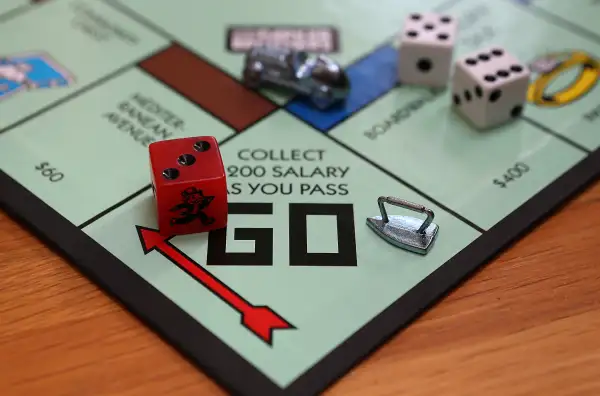What Would Monopoly Money Be Worth Today if Adjusted for Inflation?

When Monopoly came out in 1935, a $500 bill was worth way more than a $500 bill is worth now. In fact, if you have a $500 note, it's probably worth a ridiculous amount as a collectible, since those bills were last printed in 1928. (Actual bills aside, $500 back in 1935 had a lot more buying power, so the tiny fortune you start the game with today actually used to be a nice chunk of change.)
Finding out how much $500 was worth back in the '30s is pretty easy, thanks to the CPI Inflation Calculator the Bureau of Labor Statistics hosts on its website. Essentially, this calculator uses all the information about buying power of money in urban households based on standard goods and services a family might need and use.
Here's what we get when we plug in a Monopoly game's typical amounts, rounded to the nearest dollar.
| Amount in 1935 | Amount in 2016 |
| $1,500 (total starting assets) | $26,250 |
| $500 | $8,750 |
| $200 (passing Go/monthly salary) | $3,500 ($42,000/yr) |
| $100 | $1,750 |
| $50 | $875 |
| $20 | $350 |
| $10 | $175 |
| $5 | $87.50 |
| $1 | $17.50 |
Interestingly, the $200 salary given for passing "Go"—let's assume this is monthly—is eerily close to median household income ($53,657) today when adjusted for inflation, bringing it to roughly $42,000.
Besides simply being a curiosity, comparing the present-day value of these bills is a reminder of how much small change really used to be worth. A quarter, for example, wasn't something you would ever walk past on the street or casually toss into a fountain—it had nearly the buying power of a five-dollar bill today.
Looking at inflation this way also lends some perspective to the debate about getting rid of big bills, like the $100 and 500€ notes. While a hundred bucks is currently a lot of money, that may not be the case in 50 years (current low rates of inflation notwithstanding).
That said, even if the value of $100 declines precipitously in the future, it wouldn't make sense to update the Monopoly bank to reflect today's dollars; the amount of paper required would be ridiculous. Of course, it wouldn't matter anyway: The youngs don't carry cash.